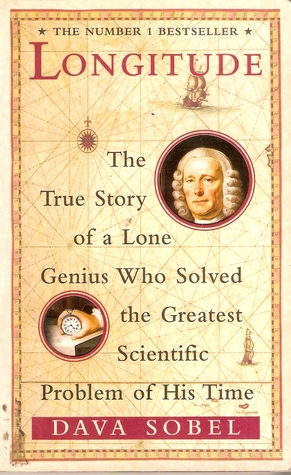Book Notes – Longitude

Progress with partial information
It surprised me that the ability to reliably calculate longitude at sea is a relatively recent innovation (late 1700s-early 1800s) – well into the age of maritime exploration and trading.
While latitude calculation was commonplace, it’s only half of the answer to the question of “where are we?”.
It’s a reminder of what can be done even with only partial information. This can’t be said without noting the significant cost, with countless lives lost to shipwrecks caused by veering off course, or disease and starvation caused by elongated journey times as they tried to find their destination.
Playing the long game
The Longitude Act, offering monetary rewards to those who could solve the problem of calculating longitude at sea, was first passed in 1714 – around 100 years before any innovation was able to really meet the needs of mariners at significant scale.
The desire to solve the problem goes back way further of course, but even with the introduction of vast prizes it still took a significant amount of time to crack.
At the time, the problem of calculating longitude was seen as essentially attempting the impossible, to the point of becoming a common joke.
What seems impossible today might not be so impossible in the future, given enough focus and resource.
Rooting for the underdog
John Harrison, the inventor of the chronometer, was essentially an unknown carpenter with a self-taught interest in clocks. That’s not to take away from his clearly incredible skill and ability, but he was up against Sirs and Lords and men of means in trying to win the prize offered by the Longitude Act.
The Board of Longitude, set up to administer the prizes of the Longitude Act, favoured lunar methods of calculation. Part of this was a legitimate belief that it would be more reliable given the timekeeping technology of the day, but also seemingly some element was down to their personal interests in astronomy and it being perceived as a more noble and respectable field than the mechanical watchmaking.
Harrison dedicated his life to systematically improving the performance of clocks, and though lunar calculations were an important piece in the puzzle, in the end his inventions beat out the lunar methods. While chance no doubt played a huge part of this success, it’s nice to be reminded that some skill, perseverance, and ingenuity can win against the odds.